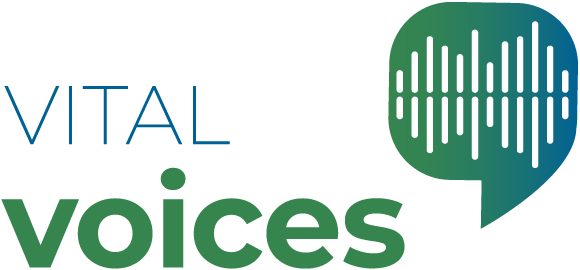Perspectives on the New Hepatitis C Treatment
NOTE: Quotes are presented word for word apart from minor editing for readability and clarity. Identifying details have been removed. Square brackets show text that has been added or, where ellipses (three dots) appear, removed. For example, ‘I had the nurses explaining to me, like, how easy it was […to have] treatment and I went to the [hospital liver clinic] and there was a doctor … can’t think of her last name, really nice lady […] Yeah, she explained everything to me and said it was a good time for me to do it now and, yeah, [I] just stuck with her and got that done.’
This website presents many different experiences of hepatitis C treatment. It includes the views of people who have had the old treatment, people who have had the new treatment, people who have had both, and people who have hepatitis C but haven’t had treatment, as well as the views of people who are unsure of their current hepatitis C status. This section of the website presents perspectives on the new hepatitis C treatment. Because experiences of the new treatment were almost exclusively positive, involving little effort or fuss, the comments are quite brief. However, this brevity shouldn’t be taken to suggest the topic wasn’t important to participants. The ease of new treatment and its high success rates were highly valued by participants and vital to their treatment experiences.
A few of the people we spoke to who hadn’t yet experienced the new treatment expressed some concern or doubt about it (see also, Obstacles to having the new hepatitis C treatment), while several others had heard good reports from others and were interested in trying it (see also, Treatment decisions: Family, friends and other important relationships).
Read on to find out more about what people think of the new hepatitis C treatment.

